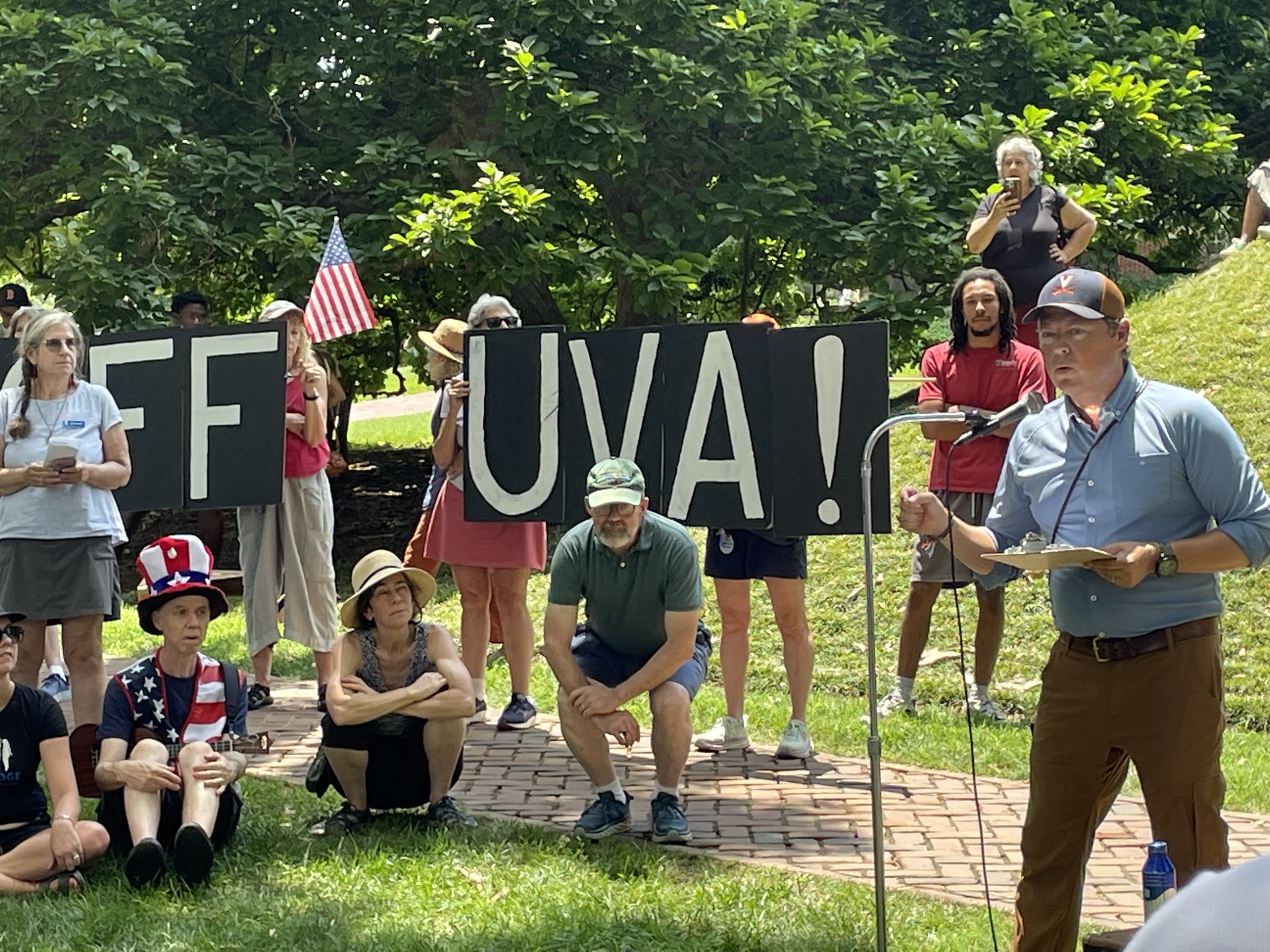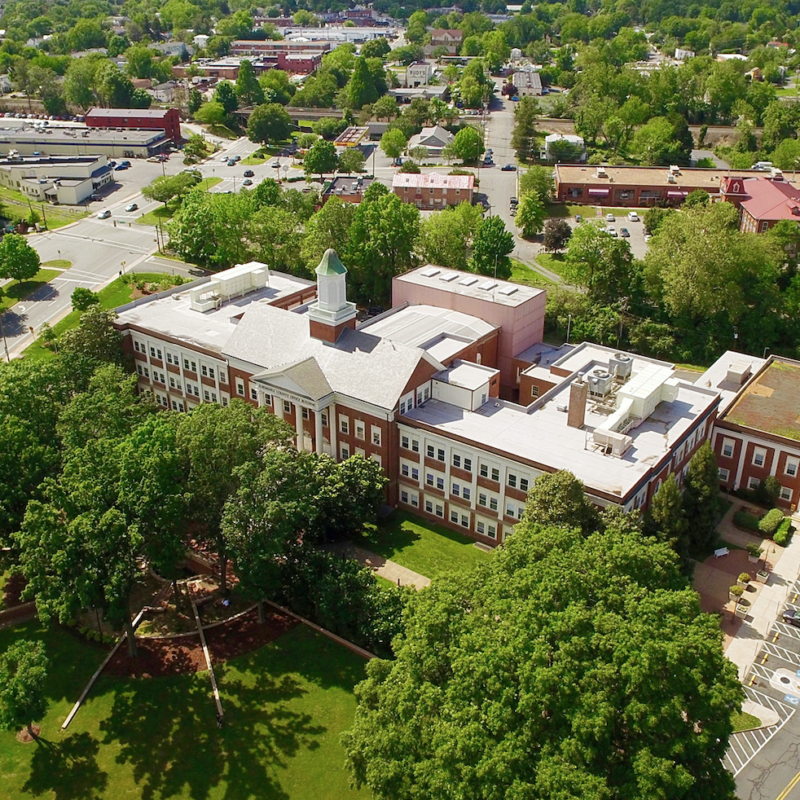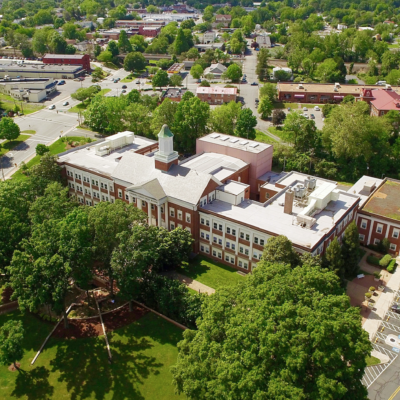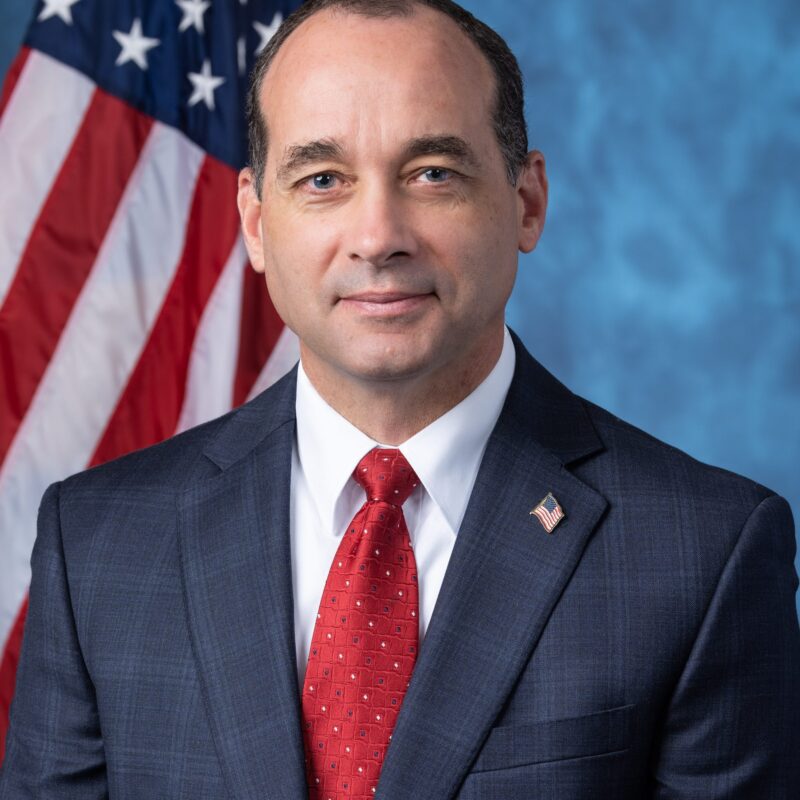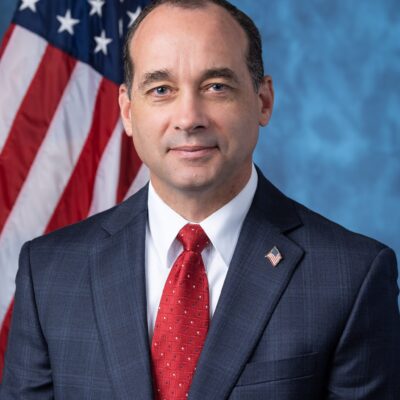University of Virginia President Jim Ryan’s last day in office is July 11, and Executive Vice President J.J. Davis will take over the position on an acting basis while a search committee does its work.
On the afternoon of July 4, around 400 people gathered near the Rotunda to protest Ryan’s resignation and the demand from the federal government that prompted it.
“We are rising to refuse to comply, and to pressure the Board of Visitors, the governor, the attorney general, and anyone else who might listen to push back,” said Michelle Kisliuk, a music professor at UVA.
Ryan announced his resignation on June 27 after federal officials questioned the extent to which diversity, equity, and inclusion programs had been removed from the public institution.
“Your Board cannot sit idly by while important federal laws are broken, and fundamental civil rights are impaired,” reads a June 16 letter from two top officials in President Donald Trump’s U.S. Department of Justice.
The letter was addressed to Rachel Sheridan, even though she had not yet become UVA rector. She assumed that position on July 1; now all the voting members of the BOV have been appointed by Gov. Glenn Youngkin.
One of those board members continues to be Ken Cuccinelli, even though a Virginia Senate committee failed to advance his nomination at a meeting on June 9. State Attorney General Jason Miyares has directed UVA and other public institutions to ignore that vote. The Democrats on the committee sued and a motion for a preliminary injunction will be heard in Fairfax County Circuit Court on July 18.
The July 4 protest was organized by Uprise! Creative Collective of C’ville and co-sponsored by Indivisible Charlottesville.
One of the speakers at the event was John Kluge III, the organizer of a petition for seven specific actions including urging the Board of Visitors to reject Ryan’s resignation, a Constitutional amendment to guarantee academic freedom, and a reform to the way BOV members are selected. At first, Kluge spoke from an editorial he wrote in the voice of Thomas Jefferson.
“This is no mere dispute of policy,” Kluge said. “It is a naked overreach of federal power. It is an assault on the autonomy of our university and the sacred principle of academic freedom.”
Kluge pointed out that the Trump administration has made similar threats to Harvard and Columbia universities. He added that unless checked, federal overreach will spread to other facets of American life.
“If the federal government can dictate who governs our halls of learning, what will prevent it from bending our courts, our press, or the very fabric of our democracy to its will?” Kluge said.
Frank Dukes, a lecturer in the university’s School of Architecture, gestured to the nearby Memorial to the Enslaved Laborers, which was installed in 2020.
“Descendants of those very people whose names are written on the walls now grace the Grounds as students, staff, faculty, and returning alumni,” Dukes said. “We are going to honor their memory, and be inspired by their resilience, and say: ‘Not here, not now, not ever.’”
Dukes pointed out many ways DEI initiatives have helped students, such as granting attendance to people from rural communities who may have attended schools that did not have advanced placement courses.
As of July 7, just over 700 people had signed the petition.
